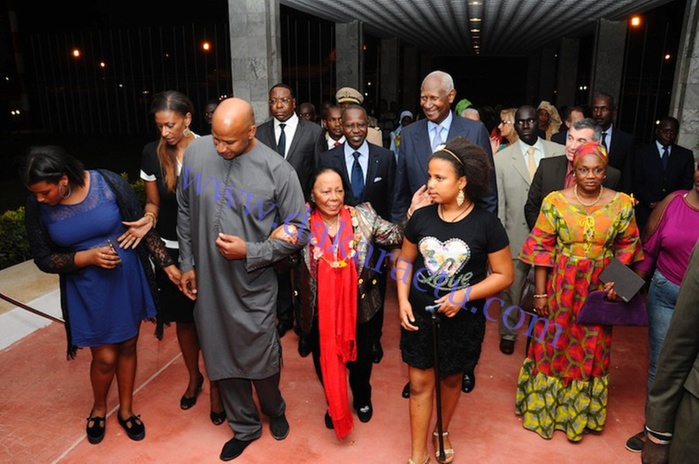


This blogpost is an attempt to set the record straight.īorn in Joal in 1906, Senghor left Senegal for the first time at the age of 22. Recalling he was both a poet and a president is a matter of fact but associating both, while refusing to recognize the authoritarianism he displayed, is historical nonsense. Under the single-party rule of the Senegalese Progressive Union (UPS), authorities resorted to brutal methods intimidating, arresting, imprisoning, torturing, and killing dissidents. Although Senegal did not experience the same political crises as its neighbours, the mythification of ‘poet-president’ Senghor has blurred our understanding of his political action. This narrative is dangerous because it implicitly praises ‘he whose pen mattered more than his sword’. In short, Mboussa explains that Senghor’s policy and poetry were inseparable because, ‘poet-president, was not one without the other’. During the school season, he was president in Senegal in summer, he was a poet in Normandy’. For the country’s 60 th anniversary of independence, the message was clear: ‘Senghor ruled his country as a teacher, with method and organizational spirit. On 4 April, 2020, Radio France Internationale published literature professor and critic Boniface Mongo Mboussa’s portrait of Léopold Sédar Senghor, the first president of Senegal (1960-1980). Read about the Senghor myth in French here. Recalling that he was both a poet and a president is a fact, but associating both, while refusing to recognize the authoritarianism he displayed, Florian Bobin argues, creates a dangerous historical myth. The mythification of ‘poet-president’ Léopold Sédar Senghor has blurred our understanding of his real legacy.


 0 kommentar(er)
0 kommentar(er)
